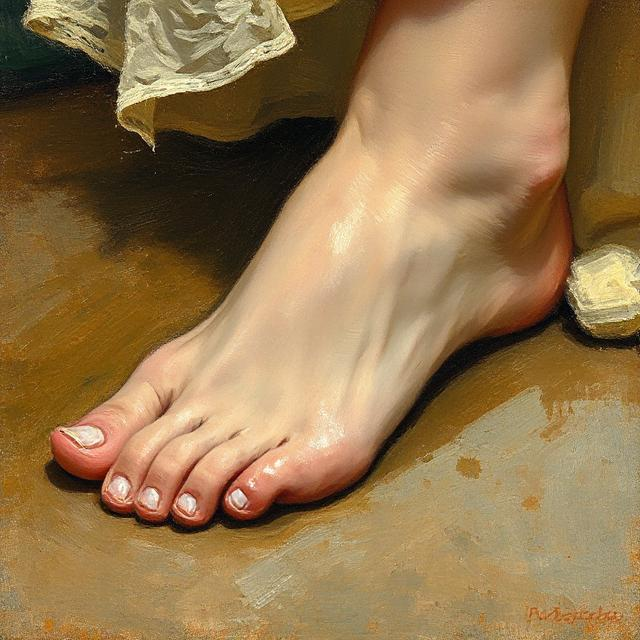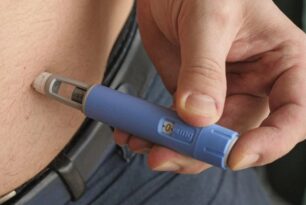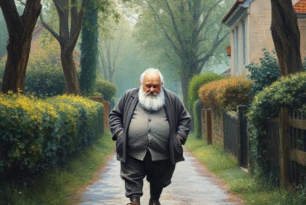It’s one of those everyday things most people never think twice about. A simple, routine task: clipping your toenails. You grab the clippers, bend over, snip-snip, done.
But what happens when your body no longer lets you reach?
What happens when bending forward becomes a struggle — when your stomach, your chest, your thighs get in the way, or the act of reaching your foot sends a sharp reminder that your back or hips are not okay with that kind of movement?
What happens is this: something small starts to feel really big.
And that feeling can come with a quiet kind of shame. You might wonder if you’re the only one struggling with something so basic. You’re not. You are absolutely not. A lot of people — whether because of weight, mobility issues, chronic pain, or age — have the same question but feel too embarrassed to say it out loud.
So here it is, said plainly: It’s okay if you can’t reach your feet. You are still taking care of yourself by asking how.
Let’s talk about real, judgment-free solutions.
For some, the answer is in the tools. Long-handled toenail clippers exist — and they work. Some are designed like a reacher or grabber with an extended handle and angled blade, making the task doable without deep bending. They’re often sold online or in mobility aid stores, and yes, they actually help.
Others use a footstool or a low chair to bring the foot closer rather than trying to fold their whole body over. You can sit on the edge of your bed or a firm couch, rest your foot on a low stool or stack of cushions, and clip from the side instead of the front. It’s about working with your body, not against it.
Then there are people who realize — and this is just as valid — that it’s time to ask for help. A trusted partner, a friend, or a professional like a podiatrist or medical pedicurist can handle the task safely and without discomfort. Many clinics understand the need and offer these services with discretion and care. There’s nothing weak or “less than” about needing assistance. It’s a form of self-care to let someone help you when you need it.
And maybe, underneath the practical fix, there’s a deeper feeling too — one of frustration, sadness, maybe even fear. The sense that something has shifted in your body, and you’re not sure what to do with that. That’s okay too. Bodies change. Abilities change. Our relationships to those changes can be emotional. It’s not just about the clippers — it’s about recognizing what you need and responding with kindness instead of blame.
So if you’ve been silently struggling, quietly avoiding, or feeling defeated every time you look down at your feet — know this:
You are not alone.
There are tools. There are people who can help. There are ways to do this with dignity, safety, and ease. You are not broken because this is hard. You’re human.
Taking care of your body — even in the smallest ways — is an act of self-respect. And that’s what this is. Not defeat. Not failure. Just a new way forward.




